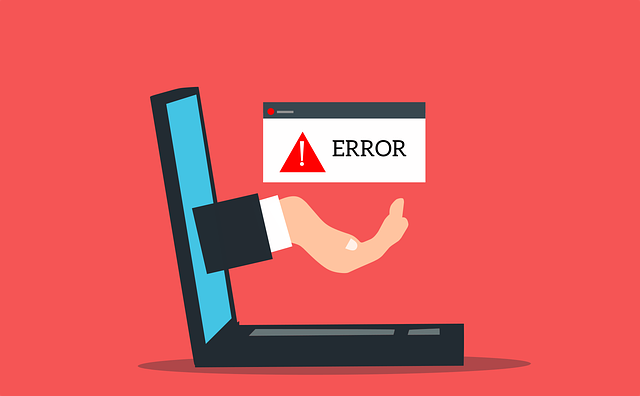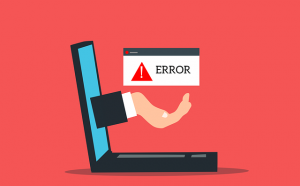
How to Avoid Accounting Errors With Your Small Business
 Allowing accounting errors to go unchecked can have a disastrous effect on your small business’s operations. It may hinder your business’s ability to secure loans or other forms of financing, or it can leave your business susceptible to tax audits. By following these tips, however, you can avoid accounting errors with your small business.
Allowing accounting errors to go unchecked can have a disastrous effect on your small business’s operations. It may hinder your business’s ability to secure loans or other forms of financing, or it can leave your business susceptible to tax audits. By following these tips, however, you can avoid accounting errors with your small business.
Stick With a Single Accounting Method
You can avoid accounting errors by sticking with a single accounting method. There are two primary accounting methods: cash basis and accrual. The cash basis method involves recording revenue transactions when you receive payment from customers and expense transactions when you pay vendors. The accrual method, on the other hand, involves recording transactions when they are incurred, such as when invoices are sent or bills are received.
Use QuickBooks
For greater protection against accounting errors, use QuickBooks. QuickBooks has become the preferred accounting solution for small businesses. Research shows that nearly 30 million small businesses use it to keep track of their financial transactions. It’s beginner friendly, scalable and loaded with helpful features. By using QuickBooks, your small business will be better protected against accounting errors.
Limit Access
Who can access your business’s accounting data? You may want to limit access to it. Allowing all of your small business’s employees to access its accounting data is a recipe for disaster. Some of them may make inaccurate entries that throw off your books. For cleaner records, you should consider limiting access to only accountants or other workers who need it.
Create Backups
Don’t underestimate the importance of creating backups. If you lose some or all of your business’s accounting data, you may be forced to start all over again from scratch — unless, of course, you have a backup copy. A backup copy will give you peace of mind knowing that your business’s accounting data is safe. Just remember to create backups regularly. You should also store the backup copies in multiple places, such as a cloud server and a local computer or machine.
Reconcile Accounts
Another tip to prevent accounting errors is to reconcile your business’s accounts. QuickBooks has a built-in reconciliation tool. You can use it to match your recorded transactions with those listed on your business’s credit card and bank statements. A process known as reconciliation, it will allow you to catch errors and discrepancies before they snowball into bigger problems.
Have anything else that you’d like to add? Let us know in the comments section below!
